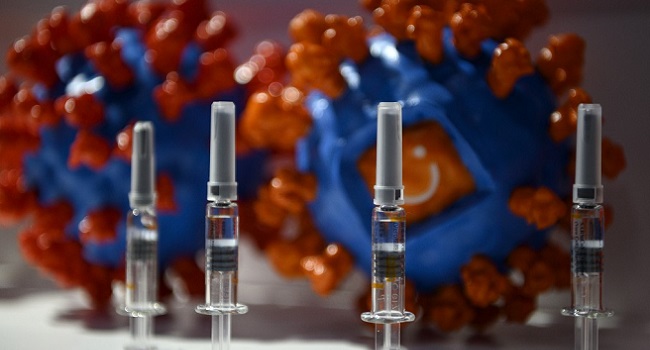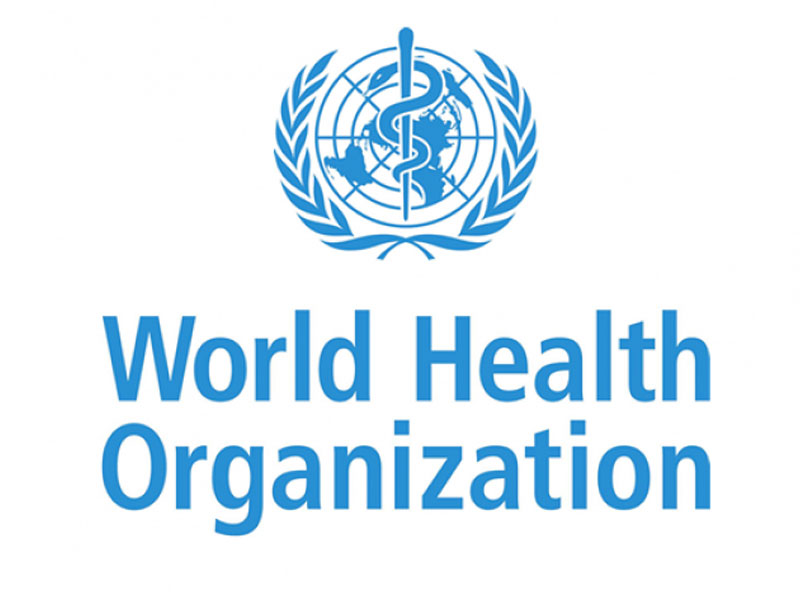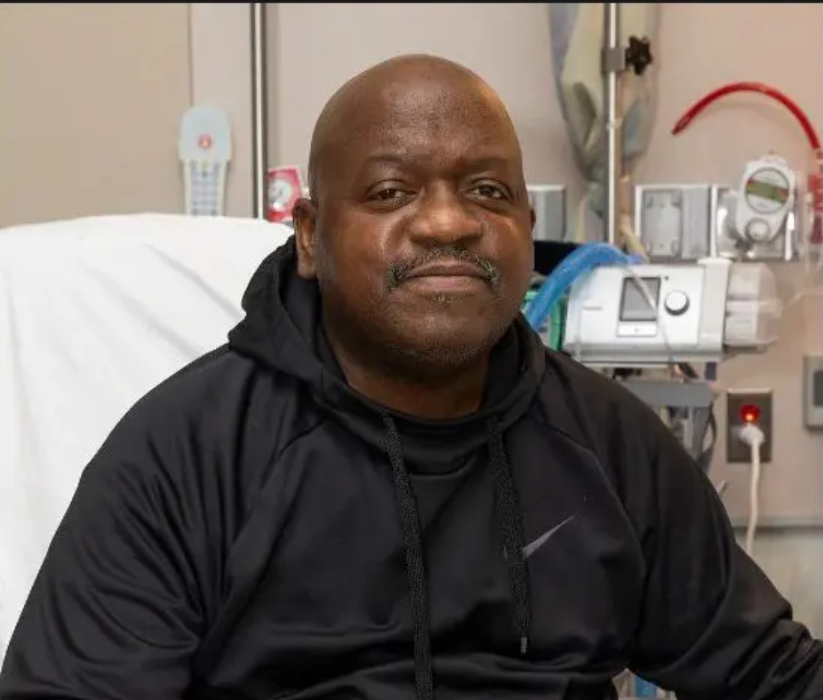The CEOs of nine companies developing vaccines against Covid-19 on Tuesday pledged to “uphold the integrity of the scientific process” amid concern Donald Trump will pressure regulators to approve a vaccine ahead of the presidential election in November.
“We, the undersigned biopharmaceutical companies, want to make clear our ongoing commitment to developing and testing potential vaccines for COVID-19 in accordance with high ethical standards and sound scientific principles,” said the CEOs.
The statement was signed by AstraZeneca, BioNTech, GlaxoSmithKline, Johnson & Johnson, Merck, Moderna, Novavax, Pfizer and Sanofi.
Specifically, the companies said they would only seek emergency authorizations for vaccines “after demonstrating safety and efficacy through a Phase 3 clinical study that is designed and conducted to meet requirements of expert regulatory authorities such as FDA,” the Food and Drug Administration.
Some experts and former officials of this agency worry it has become politicized after it issued emergency use authorizations for two Covid-19 treatments without sufficient proof.
Both hydroxychloroquine, whose authorization was later revoked over safety fears, and blood plasma from recovered Covid-19 patients, were touted by Trump.
Joe Biden, the Democratic candidate for president, has accused Trump of “undermining public confidence” by regularly raising the possibility a vaccine will be ready ahead of the election on November 3.
Stephen Hahn, the head of the FDA, has also guaranteed that only science will decide when a vaccine is ready.
In theory, the FDA has to rely on independent expert committees that oversee clinical trials before they give their green light. The makers themselves must also apply for authorization.
Among the companies, Moderna and Pfizer are in the most advanced stages of their trials, and the US Centers for Disease Control and Prevention (CDC) has asked states to have distribution networks ready by November 1.
The widely-respected Anthony Fauci, director of the National Institute of Allergies and Infectious Diseases, has said the results of clinical trials aren’t expected to be known until the final two months of the year.
“I think it’s extremely unlikely but not impossible,” that the trials will have results to show before the election, Moncef Slaoui, the scientific head of the White House program tasked with producing and delivering vaccine doses, told NPR.








